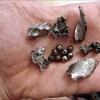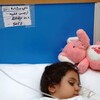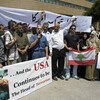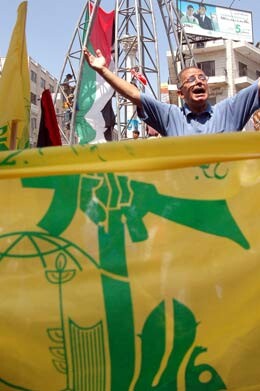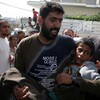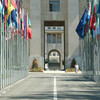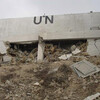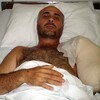
South lacks medication for chronic diseases
8 August 2006
Aid agencies and doctors in south Lebanon say there is a growing shortage of medication for chronic diseases, such as diabetes, cancer and AIDS. Unless Israeli-imposed travel restrictions ease, thousands of people receiving treatment will suffer. “Many people remain in the villages near the border, who have been taking treatments for years and now suddenly their supply is cut,” said Hakim Khalji, Medecins Sans Frontieres (MSF) coordinator in the port city of Tyre. MSF is providing medical supplies to people in and around Tyre but is not making deliveries of chronic disease medication to outlying villages because of dangerous conditions created by the conflict. Read more about South lacks medication for chronic diseases
